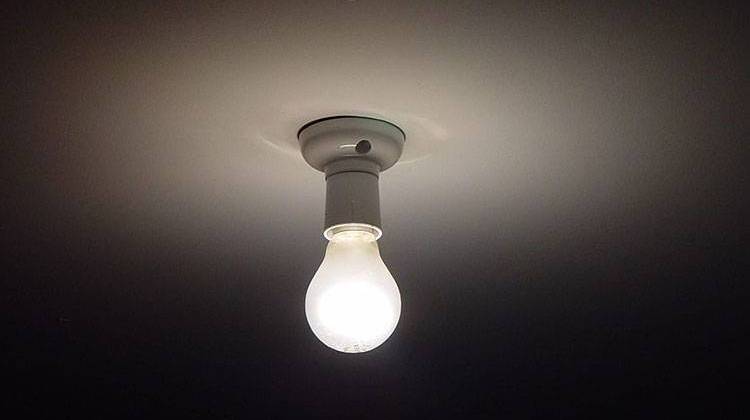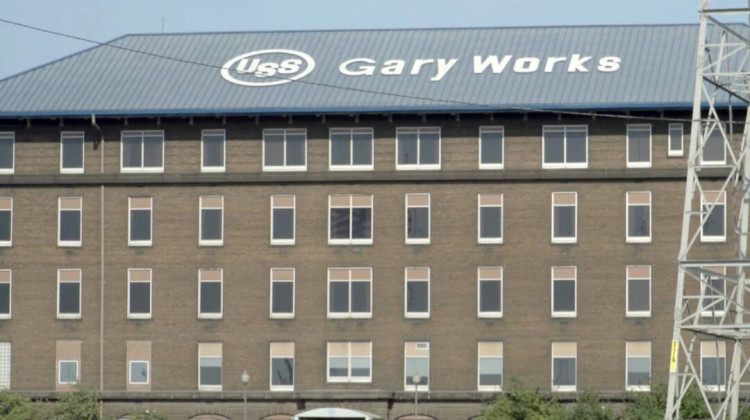Gov. Mike Pence will let a bill that eliminates an energy conservation program become law without his signature, prompting harsh words from environmental leaders who opposed the bill.
Pence said he’ll look to lawmakers next year for help developing “a new energy efficiency program for our state that will encourage conservation and promote a strong Indiana economy.”
And Pence said he’s asking state utility regulators to make recommendations for a new program that includes an opt-out for large electricity consumers.
“By reducing our need for electricity, we reduce our need to build expensive power plants at a cost to Hoosier ratepayers,” Pence said in a statement issued Thursday, the last day he could take action on the bill.
“For this reason, I believe that energy efficiency is an important part of our ‘all of the above’ energy strategy,” Pence said.
The change will eliminate a fee now added to the electric bills of all Hoosier households and businesses to pay for the conservation efforts that include weatherization and other programs.
Pence said maintaining the Energizing Indiana program – created by Gov. Mitch Daniels’ administration – is too expensive for Hoosiers and makes “Indiana less competitive by denying relief to large energy consumers.”
But the governor said he didn’t want to sign the bill into law either because it eliminates what he called a “worthwhile” energy efficiency program.
“For that reason, I have declined to sign this bill and acknowledge that this bill will become law without my signature,” Pence said.
The decision makes Pence the first governor in the country “to repeal a successful, ambitious and foresighted program aimed at significantly cutting energy bills for Hoosiers,” said Jesse Kharbanda, executive director of the Hoosier Environmental Council.
He accused Pence and lawmakers of a “rushed decision” to end the Energizing Indiana program.
“The governor’s decision needlessly creates instability in the energy efficiency market, when a careful deliberation – before any radical shift in policy is made – was what was merited,” Kharbanda said.
Environmentalists say the Energizing Indiana program has created more than 1,500 jobs and served more than 200,000 Hoosier households and businesses. The Sierra Club estimated the program resulted in $80 million in savings for utilities in 2012.
“It is critical that Gov. Pence and the Indiana General Assembly now follow through on their promise of creating an improved energy efficiency program for Indiana,” said Jodi Perras, the Indiana representative for Sierra Club’ Beyond Coal Campaign, in a statement issued late Thursday.
“There’s no denying that hundreds of energy efficiency workers will be out of a job next January when utilities cancel or scale back home energy audits, appliance rebates and low-income home weatherization programs,” Perras said.
Critics of the Energizing Indiana program complained that it cost too much – especially for manufacturers and other big businesses – while providing few tangible benefits.
The bill’s author, Sen. Jim Merritt, R-Indianapolis, originally sought to exempt businesses from paying the Energize Indiana fee. But the House amended the bill to eliminate the program.
Merritt has said the program costs too much too little benefit. He said previously that the program had cost ratepayers $500 million since 2009 and would have cost as much as $1.9 billion more by 2019.
Lesley Weidenbener is executive editor of TheStatehouseFile.com, a news website powered by Franklin College journalism students.
 DONATE
DONATE








 Support WFYI. We can't do it without you.
Support WFYI. We can't do it without you.